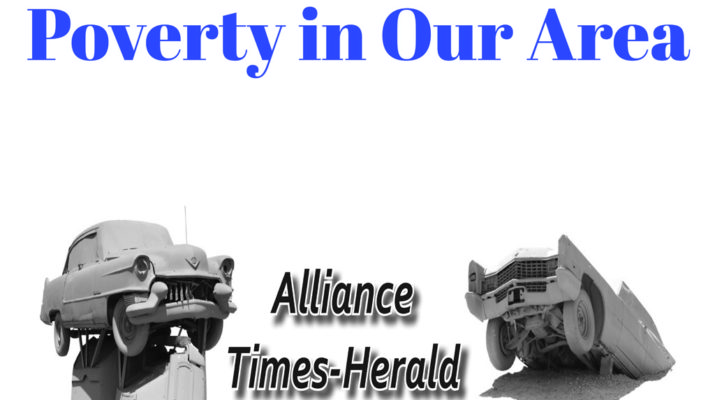How do you think these things would affect a child’s life: Being abused or neglected. Witnessing or being the victim of violence in the home, school, or the community. Having a family member who attempts or dies by suicide.
Adverse Childhood Experiences, or ACEs, are traumatic events that occur in childhood (0-17 years). According to the Centers for Disease Control (CDC), ACEs are linked to chronic health problems, mental illness, and substance use problems in adolescence and adulthood. ACEs can also have a negative impact on education, job opportunities, and earning potential.
There are many more traumatic experiences that qualify as ACEs. The child’s household environment might not feel safe or stable. The child might not bond with a parent due to substance abuse or mental health problems. Parents might not be present in the child’s life because they are separated or divorced or might be in jail or prison.
The CDC says that about 61% of adults surveyed across 25 states reported they had experienced at least one type of ACE before age 18, and nearly 1 in 6 reported they had experienced four or more types of ACEs. Female children and several racial/ethnic minority groups are at greater risk for experiencing four or more types of ACEs.
ACEs, along with less severe problems such as living in poverty, frequently moving, and experiencing food insecurity, can cause toxic stress (extended or prolonged stress). Toxic stress can negatively affect children’s brain development and immune systems. These changes can affect children’s attention, decision-making, and learning, having a big effect on how they react to situations. These children feel like they are “less than” their peers. Chances are that these children will not finish school.
The CDC says that children growing up with toxic stress may have difficulty forming healthy and stable relationships. They may also have unstable work histories as adults and struggle with finances, jobs, and depression throughout life. Effects can be passed on to their own children. Some children may face further exposure to toxic stress from ongoing traumas due to racism or the impacts of poverty because of limited educational and economic opportunities.
These adverse childhood experiences can increase the likelihood of sexually transmitted infections, teen pregnancy, pregnancy complications and fetal death, and involvement in sex trafficking.
Exposure to ACEs is associated with increased risk for health problems across the lifespan. This includes risks of injury, as well as increased risk for a wide range of chronic diseases such as cancer, diabetes, heart disease, (the leading causes of death in the US) and suicide.
If ACEs could be prevented, the CDC figures that up to 1.9 million heart disease cases and 21 million depression cases could potentially be avoided.
ACEs are costly. The economic and social costs to families, communities, and society totals hundreds of billions of dollars each year. A 10% reduction in ACEs in North America could equate to an annual savings of $56 billion.
There are several things we can do to reduce the risk of ACEs. We can recognize challenges that families face and offer support and encouragement to reduce stress. We need to reduce stigma around seeking help, which people should do when they have parenting challenges or problems with substance misuse, depression, or suicidal thoughts. We can do a better job of addressing financial hardship and other poverty-related conditions that put families at risk for ACEs.
We need to support programs that promote safe, stable, nurturing relationships and environments where children live, learn, and play. Preventing adverse childhood experiences can make a huge difference in the future of our community and our nation.

